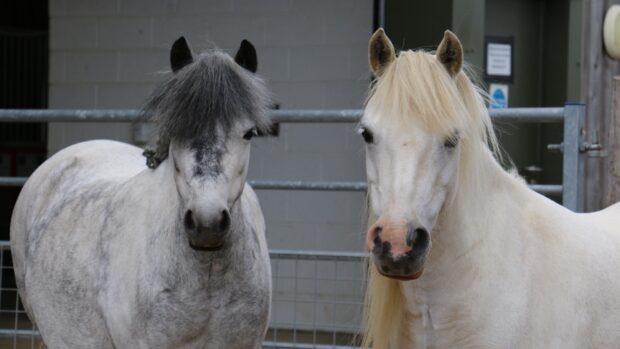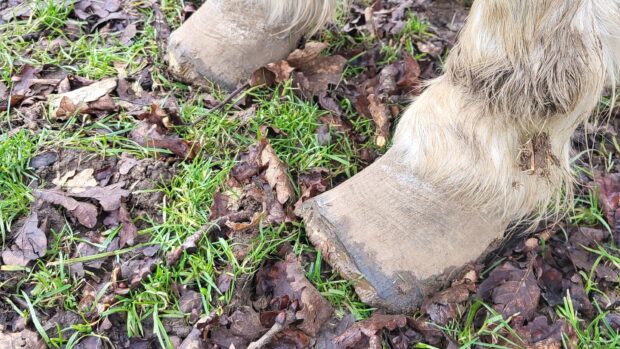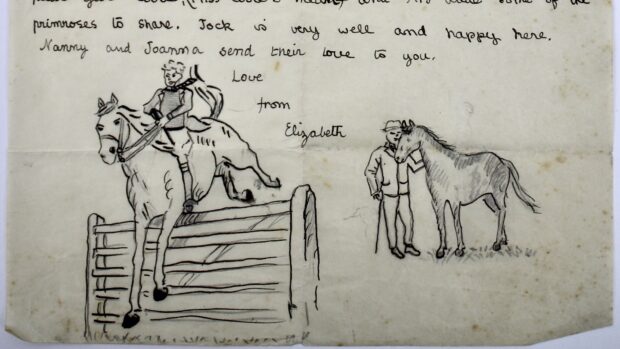Viking warriors who invaded Britain in the 9th century may have brought horses with them, according to new research.
It was formerly thought that Vikings stole horses when they first arrived in Britain but archaeologists have investigated equine remains believed to be originally from Scandinavia.
The research team, led by Tessi Löffelmann of Durham University, analysed animal and human remains in a number of burial mounds at Heath Wood in Derbyshire, Britain’s only known Viking cremation cemetery, and published the findings this month in scientific journal Plos One.
By looking at the strontium isotopes in the remains – a natural element that enters humans and animals through food and provides a “geographical fingerprint for their movements” – the team found that one human adult, a horse and a dog came from the Baltic Shield area of Scandinavia, covering Norway and central and northern Sweden.

Cremated animal and human bone from the site at Heath Wood
The researchers said the animal remains were “conclusively not from the area around Heath Wood”.
“This suggests that Vikings not only stole animals when they arrived in Britain, as accounts from the time describe, but were also transporting animals from Scandinavia, too,” said a spokesman for the project.
“This research presents the very first direct evidence that not only people made their way across the North Sea in the ninth century, but also animals.
“As the human and animal remains were found in the remnants of the same cremation pyre, the researchers believe the adult from the Baltic Shield region may have been someone important who was able to bring a horse and dog to Britain.”
The remains had been cremated and buried under a mound, and the researchers believe this could link to Scandinavian rituals at a time when cremation was not practised in Britain.
“The analysed remains are associated with the Viking Great Army, a combined force of Scandinavian warriors that invaded Britain in AD865,” said the spokesman.
“The findings could deepen our knowledge of the Viking Great Army and also raise questions about the importance of specific animals to the Vikings.”
You might also be interested in:

‘Massive and powerful’ medieval warhorses thought to only be ‘pony-sized’, says new research

Ancient horse still wearing harness unearthed at Pompeii
Archaeologists are hailing the find as an ‘exceptional discovery’

Subscribe to Horse & Hound magazine today – and enjoy unlimited website access all year round
Horse & Hound magazine, out every Thursday, is packed with all the latest news and reports, as well as interviews, specials, nostalgia, vet and training advice. Find how you can enjoy the magazine delivered to your door every week, plus options to upgrade your subscription to access our online service that brings you breaking news and reports as well as other benefits.




